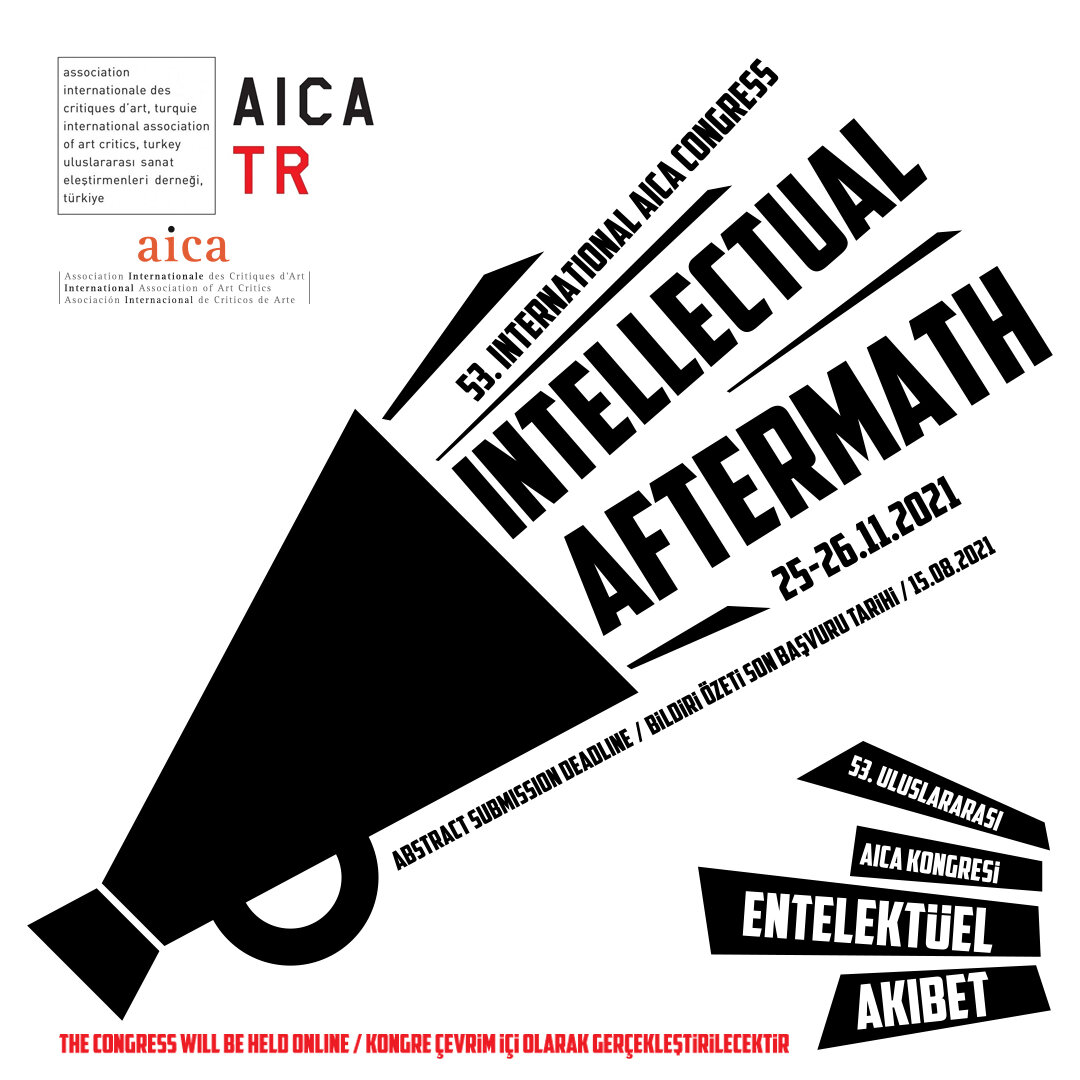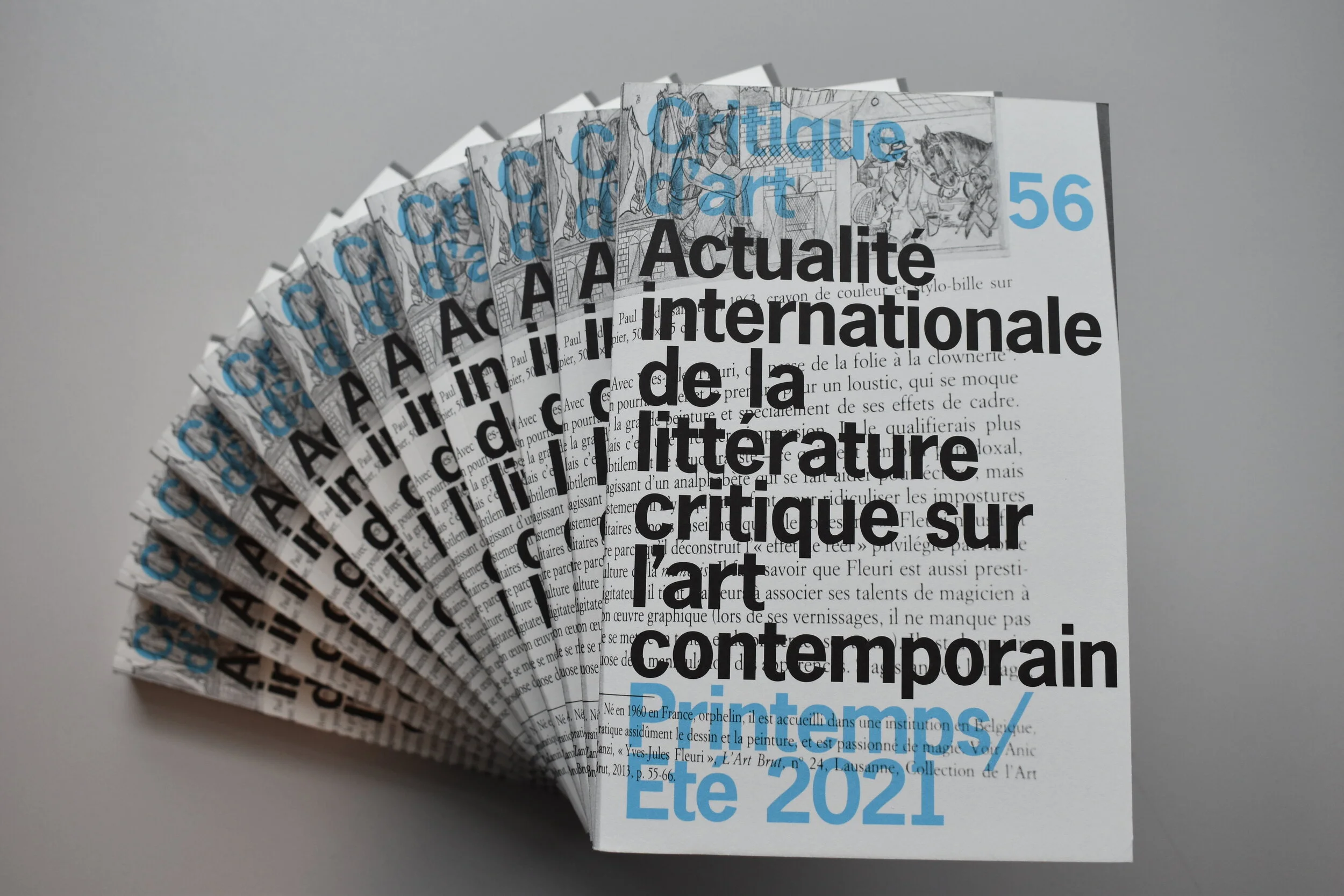With an analytical, eloquent, and critical gaze, which characterized him until his last days, the great Austrian-Chilean art critic Pedro Labowitz passed away yesterday at 96 years of age. Representative of the International Association of Art Critics (IAAC) of UNESCO and founder of the Chilean Chapter of that organization, Labowitz stood out for his important work as a promoter of national art in the Latin American region, in addition to his figuration as international critic.
Born in 1925 in Vienna, Austria, Labowitz came to our country at an early age, where he developed his career within the art circuit. Influenced by his stepfather, the bohemian artist and painter Francisco Otta (1908-1999), Labowitz was introduced to the art world from a young age, copying from the Czech engraver an ironic style that allowed him to develop a writing with a peaceful character, but with a sharp and distinguished gaze distinguished when analyzing various techniques, styles and expressions of Latin American art. Committed to the development of culture in the country, Labowitz made important donations to bring art closer to Chileans, delivering 300 prints from his collection to the Engraving Museum of the University of Playa Ancha and about 3,000 books from his library to the University of Talca.
Throughout his remarkable career as an art critic, his writing passed through different media, in various languages and with curious nicknames. This is how, for years, Labowitz wrote for the magazine Nuevo Zig Zag under the name "Pierre Randall", and published different writings in the Chilean newspaper The South Pacific Mail, in English, and in the Seminario Cóndor, in German. He also collaborated with his criticism in important media, such as El Mercurio and La Nación, and was one of the five analysts of the well-remembered Political, Economy and Culture Seminar (PEC), a magazine directed by photographer Marcos Chamudez that emerged in the mid-1960s in order to provide a new look on national art.
"With sadness, we heard of the death of Pedro Labowitz, founder of IAAC Chile and great representative of AICA International in the country, who brought together art critics and promoted their relationship internationally," says Lisbeth Rebollo, IAAC world president. Ernesto Muñoz, president of the Chilean Chapter of AICA and world vice president of the UNESCO organization, adds that “Labowitz's work is a pioneer in founding IAAC Chile together with Antonio Romera, Ricardo Bindis and Victor Carvacho”.
From Venezuela, Bélgica Rodríguez, honorary president of IAAC International, regrets the death of this “renowned art critic and researcher, especially in Latin American art, whose research, criticism and theory have made a great contribution to the historiography of the plastic arts of the continent”. She adds that Pedro Labowitz "leaves us extraordinary memories, friendship and teachings, fundamental in our training and development as art critics and researchers," she concludes.
Adiós a Pedro Labowitz, gran ojo crítico del arte chileno
Con una mirada analítica, elocuente y crítica, la cual lo caracterizó hasta sus últimos días, el gran crítico de arte austriaco-chileno Pedro Labowitz falleció durante la jornada de ayer, a sus 96 años de edad. Reconocido representante de la Asociación Internacional de Críticos de Arte (AICA) de la UNESCO y fundador del Capítulo Chileno de dicha organización, Labowitz destacó por su importante labor como promotor del arte nacional en la región latinoamericana, además de su figuración como crítico a nivel internacional.
Nacido en 1925 en Viena, Austria, Labowitz llegó a muy temprana edad a nuestro país, en donde desarrolló su carrera dentro del circuito del arte. Influenciado por su padrastro, el artista y pintor bohemio Francisco Otta (1908-1999), Labowitz fue introducido al mundo del arte desde joven, copiando del grabador checo un estilo irónico que le permitió desarrollar una pluma de carácter pacífica, pero con una mirada aguda y distinguida a la hora de analizar diversas técnicas, estilos y expresiones del arte latinoamericano. Comprometido con el desarrollo de la cultura en el país, Labowitz hizo importantes donaciones para acercar el arte a los chilenos, entregando 300 grabados de su colección al Museo del Grabado de la Universidad de Playa Ancha y cerca de 3 mil libros de su biblioteca a la Universidad de Talca.
A lo largo de su notable carrera como crítico de arte, su pluma pasó por diferentes medios, en variados idiomas y con curiosos sobrenombres. Fue así como, durante años, Labowitz escribió para la revista Nuevo Zig Zag bajo el nombre “Pierre Randall”, y publicó diferentes escritos en el periódico chileno The South Pacific Mail, en inglés, y en el Seminario Cóndor, en alemán. Asimismo, colaboró con su crítica en importantes medios, como El Mercurio y La Nación, y fue uno de los cinco analistas del recordado Seminario Política, Economía y Cultura (PEC), revista dirigida por el fotógrafo Marcos Chamudez que surgió a mediados de los 60 con el fin de proporcionar una nueva mirada sobre el arte nacional.
“Con tristeza, supimos de la muerte de Pedro Labowitz, fundador de AICA Chile y gran representante de AICA Internacional en el país, reuniendo a críticos de arte y promoviendo su relación a nivel internacional”, asegura Lisbeth Rebollo, presidenta mundial de AICA. Ernesto Muñoz, presidente del Capítulo Chileno de AICA y vicepresidente mundial de la organización de la UNESCO, agrega que “la labor de Labowitz es de un pionero al fundar AICA Chile junto a Antonio Romera, Ricardo Bindis y Victor Carvacho”.
Desde Venezuela, Bélgica Rodríguez, presidenta honorífica de AICA Internacional, lamenta el fallecimiento de este “reconocido crítico e investigador de arte, especialmente en el arte latinoamericano, cuyos trabajos de investigación, crítica y teoría, han hecho un gran aporte a la historiografía de las artes plásticas del continente”. Agrega que Pedro Labowitz “nos deja extraordinarios recuerdos, amistad y enseñanzas, fundamentales en nuestra formación y desarrollo como críticos e investigadores de arte”, concluye.






















